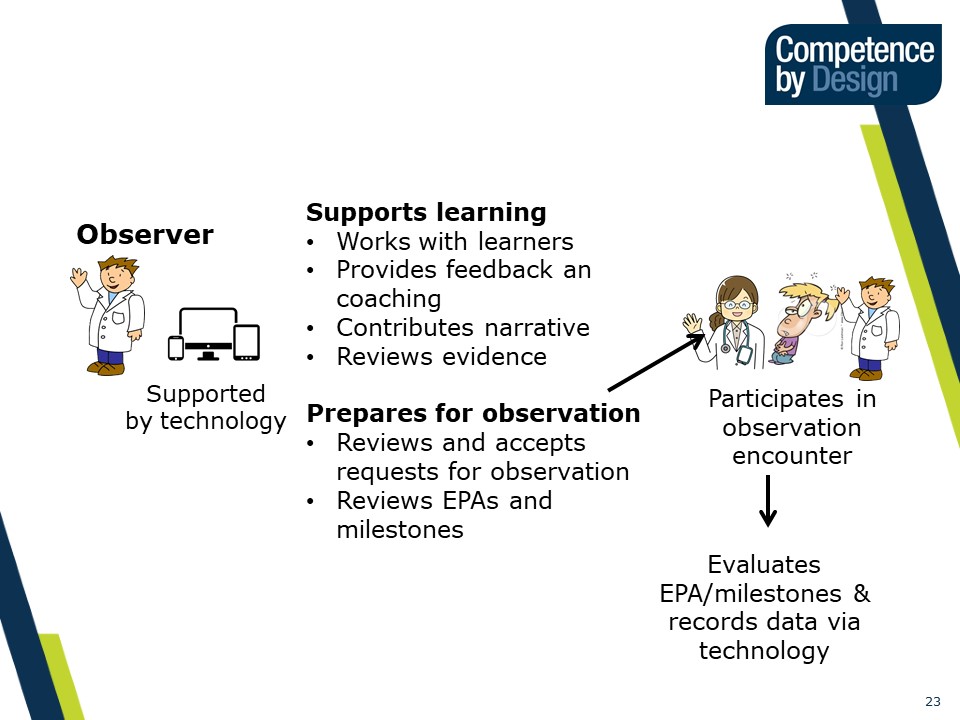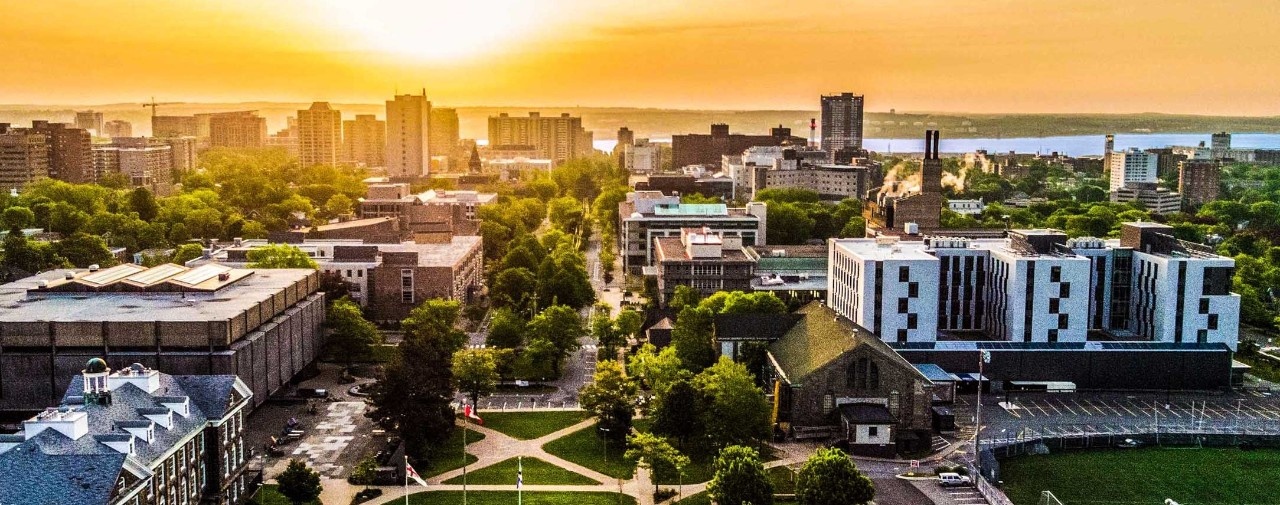Resources for Residents

As a resident embarking on your training through Competence By Design (CBD), you are on the vanguard of an entirely new approach to residency training.
In CBD, it’s not about how long you spend in a particular environment, rotation or activity. Rather, it’s about how well you are able to demonstrate your proficiency in a clearly defined and mapped set of skills.
CBD puts you in the driver’s seat. As a resident in the CBD program, you will know from the outset what knowledge and skills you must acquire at each stage of your training, and you will have access to the tools you need to track your progress. You’ll know what’s coming and be empowered to seek the experiences you need to progress.
